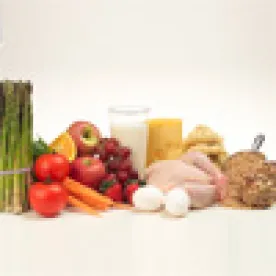The UK has enacted new legislation to address the issue of so-called ‘legal highs’ following a number of cases of paranoia, seizures, hospitalisation and even death after consumption of certain psychoactive substances. The Psychoactive Substances Act 2016 (the “Act”) was granted Royal Assent on 28 January 2016. It is expected to come into force on 6 April 2016. The Act makes it an offence to produce, supply, offer to supply, possess with intent to supply, possess in a custodial institution, import or export psychoactive substances.
A psychoactive substance is defined very broadly to cover “any substance which is capable of producing a psychoactive effect in a person who consumes it”. A substance produces a psychoactive effect in a person if it affects the person’s mental functioning or emotional state by stimulating or depressing the person’s central nervous system. There are a number of specific exemptions, including controlled drugs, medicinal products, alcohol, nicotine and tobacco products, caffeine and food. However, the definition of food has left a number of questions since it does not align with the legal definition of food set out in EU Regulation 178/2002. Rather, the Act defines food as:
Any substance which—
(a) is ordinarily consumed as food, and
(b) does not contain a prohibited ingredient (emphasis added).
In this paragraph—
-
“food” includes drink;
-
“prohibited ingredient”, in relation to a substance, means any
psychoactive substance—
(a) which is not naturally occurring in the substance, and
(b) the use of which in or on food is not authorised by an EU instrument.
The authorities have stated that the Act is not intended to capture foods with a “negligible” psychoactive effect, such as chocolate and nutmeg, but concerns were raised during the legislative debates that the Act could capture inadvertently a much broader range of food substances, including energy drinks and certain botanical ingredients used in foods and dietary supplements. It is hoped that guidance from the enforcement authorities will make clear exactly which foods and drinks are exempted.
Lucie Klabackova, paralegal, also contributed to this article.




 />i
/>i

